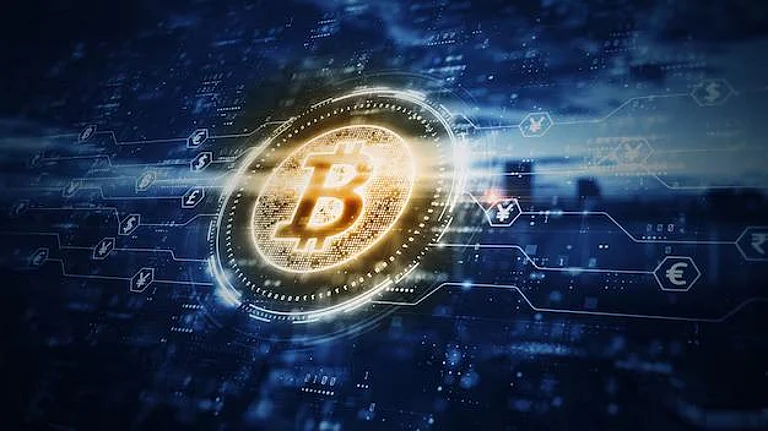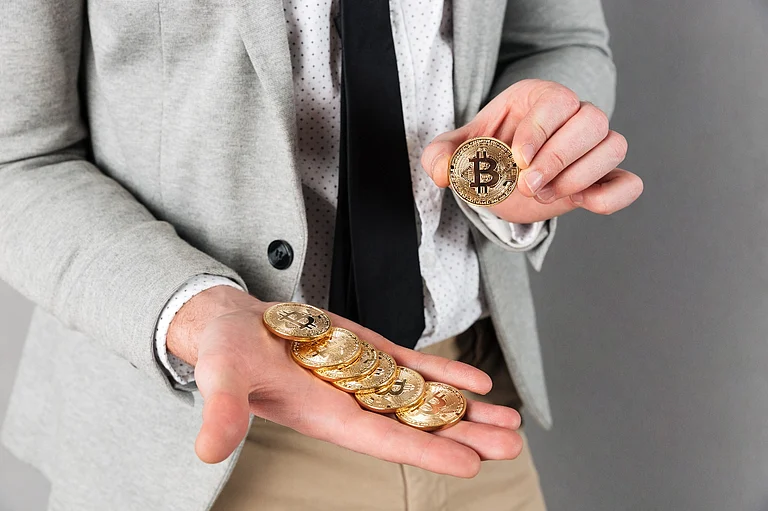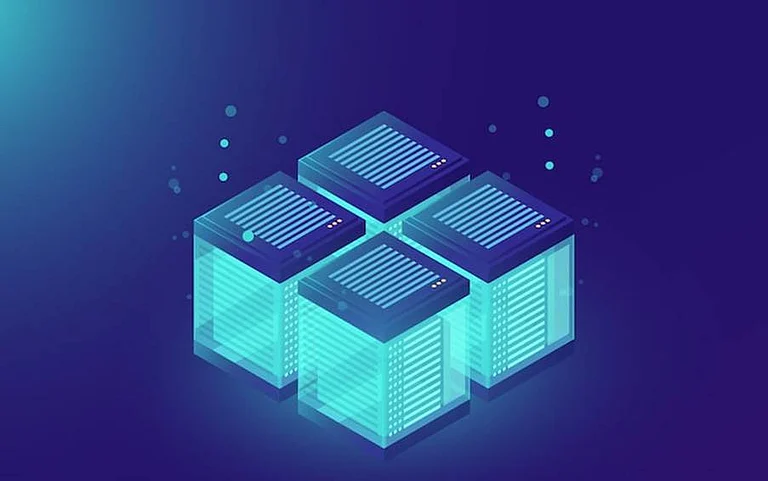With the rapidly changing landscape of finances in the digital age, protection of one's assets is equally crucial as their ownership. As more and more cryptocurrencies are entering the mainstream, users' digital asset storage, their availability, and security became priority items on the agenda. Out of all devices for storing, non-custodial wallets are one of the safest and freest devices for owners of crypto. Information about who they are, how they operate, and why they are needed is critical for every individual seeking to enhance their crypto security and have full control of their investment.
Understanding Non-Custodial Wallets
A non-custodial wallet is a crypto wallet that provides users with full control of their private keys — the digital keys which determine cryptocurrency ownership. Briefly, a private key is essentially a password you can utilize to access your funds. With a non-custodial wallet, you are the owner of this key. No third party, like a service provider or exchange, holds control over your wallet or funds.
This is the reverse of custodial wallets, where your cryptocurrency is stored by a third-party (such as an exchange). In a custodial arrangement, you are putting trust in the security of the platform and have to hope that they will protect your assets in the right way. While this may be convenient, it also presents you with risks such as hacking attacks, mismanagement, or even the platform shutting down. A non-custodial wallet removes such reliance, staying firm to the bedrock of crypto security — control and self-sovereignty.
The Philosophy Behind Non-Custodial Wallets
The existence of non-custodial wallets is a direct result of the initial goal of cryptocurrency: decentralization and ownership. Bitcoin and other cryptocurrencies were developed to preclude intermediaries' use and give people direct control and access to their money. Non-custodial wallets are exactly what this mission is about by enabling people to be their own bank.
Essentially, non-custodial wallets bring back the idea of "financial independence." As long as you keep your own private keys, you essentially hold your own money. This means that your funds can't be locked out, frozen, or lost because of somebody else's mistake. It's this independence that renders non-custodial wallets a pillar of sound Crypto security.
How Non-Custodial Wallets Work
To understand how non-custodial wallets work, you must learn a couple of fundamentals. All wallets are established on the shoulders of cryptography to produce a pair of keys — a public key and a private key. Your wallet address is the public key, and it can be seen by anyone who's ready to send cryptocurrency to you. The private key, though, must be kept secret. It signs transactions and makes you able to access your money.
When you establish a non-custodial wallet, the software creates those keys locally on your machine. The keys are not located on some central server somewhere. That's just you — and anyone who might possess your private key — who gets to shift your cash. Most non-custodial wallets also give you a seed phrase, typically a series of 12 or 24 words. The sentence can be employed to recover your wallet if your device is lost or destroyed.
This decentralized management renders non-custodial wallets safer in character as there is no central database that hackers can attack to capture the users' details. It also means that your crypto security is entirely dependent on your capability to secure your private keys and seed phrase. Losing them is equivalent to losing access to your funds forever.
The Benefits of Non-Custodial Wallets
Security through ownership is among the most powerful advantages of non-custodial wallets. Private keys are owned by the individual, and as such, there is no platform or entity that can be hacked in order to rob funds. This minimizes exposure to such large-scale hacking attacks that have hit exchanges previously.
The other benefit is privacy. Non-custodial wallets usually do not force users to go through the identity verification processes, providing them with greater anonymity and freedom of action in conducting transactions. They also provide individuals freedom to act — enabling them to visit decentralized applications (dApps), directly trade on decentralized exchanges, and enter the DeFi (Decentralized Finance) arena without restrictions.
On a wider level, non-custodial wallets improve crypto security by eliminating reliance on outside institutions. Now that banks can limit or put constraints on access, non-custodial solutions give individuals financial freedom — your money, your way, your responsibility.
The Challenges and Responsibilities
While non-custodial wallets provide more crypto security, they also come with massive responsibilities. The most significant among them is to keep the private key and recovery phrase safe. Since there is no intermediary authority to retrieve access, losing your credentials means your money is lost forever.
This non-custodial architecture is daunting for new users who are accustomed to the ease of central platforms. Also, technical mistakes — such as sending money to a wrong address or dealing with nefarious smart contracts — result in irreversible losses. Education and awareness thus become key elements in shift to non-custodial alternatives.
Such users also have usability issues. In order to install and utilize a non-custodial wallet, one needs to figure out blockchain transaction functionality, which is daunting at first. But as crypto technology keeps improving, wallet user interfaces are getting simpler to use without losing security.
The Role of Non-Custodial Wallets in Modern Crypto Security
In the crypto world of today, non-custodial wallets are key to establishing trust and resilience. With cyber threats becoming increasingly advanced in character, and with centralized exchanges being continuously regulated, the transition to self-custody is accelerating at a greater pace.
Non-custodial wallets not only safeguard individual users but also make the entire crypto ecosystem more resilient. By reducing dependence on centralized platforms, they spread single points of failure and promote a more open, decentralized financial system. They instill the idea of crypto security always being in the hands of the user and never in the hands of an intermediary.
Even large blockchain companies these days urge users to maintain their own keys, adhering to the popular slogan within the crypto world: "Not your keys, not your coins." That saying captures the very nature of non-custodial wallets — single ownership and complete responsibility.
The Future of Non-Custodial Wallets
With the continued growth of blockchain technology, non-custodial wallets will come to serve as the center of digital finance. Innovations like multi-signature checks, biometric verification, and social recovery functionality are making them more secure and user-friendly.
In addition, integration with decentralized identity platforms and Web3 apps is broadening the function of non-custodial wallets from asset storage to gateways to the decentralized web, where users control their funds but also their data and online activities.
With international recognition of privacy, digital sovereignty, and security on the rise, non-custodial wallets will be the new standard in holding digital fortunes. They are an evolution away from dependence on centralized parties toward a system that makes crypto security personalized, secure, and democratized.
Conclusion
Non-custodial wallets are the embodiment of all that cryptocurrencies were created to be — freedom, decentralization, and security. In providing users with complete control of their private keys, they dispose of the benefits of third-party custody risk and protect personal responsibility in digital finance.
During an era when cyberattacks and data breaches are becoming more prevalent, boosting your crypto security starts with learning to value the virtues of self-custody. Non-custodial wallets are not tools; they're a statement about financial sovereignty and the foundation of trust within the decentralized world. For anyone who values guarding their online wealth, embracing non-custodial wallets is not an afterthought — it's imperative.

























